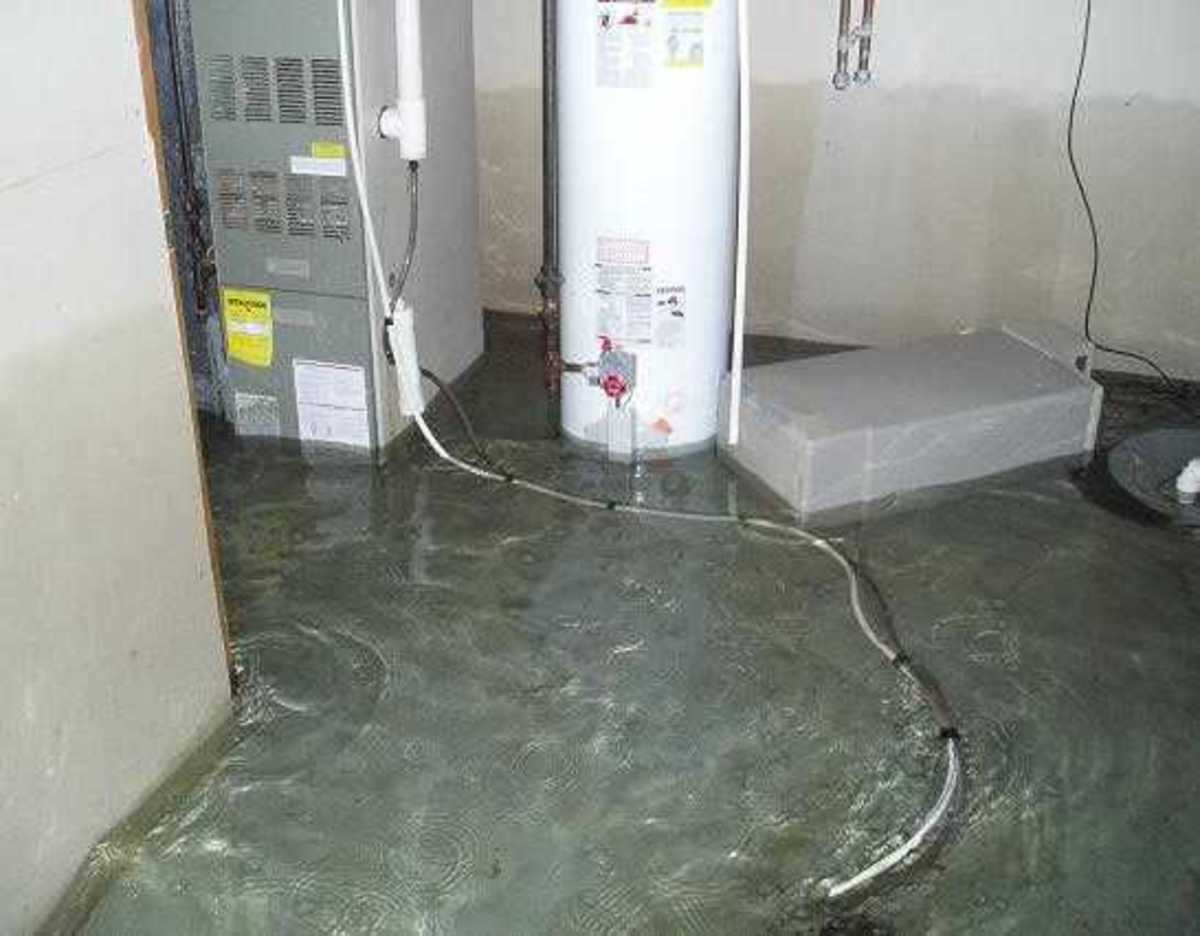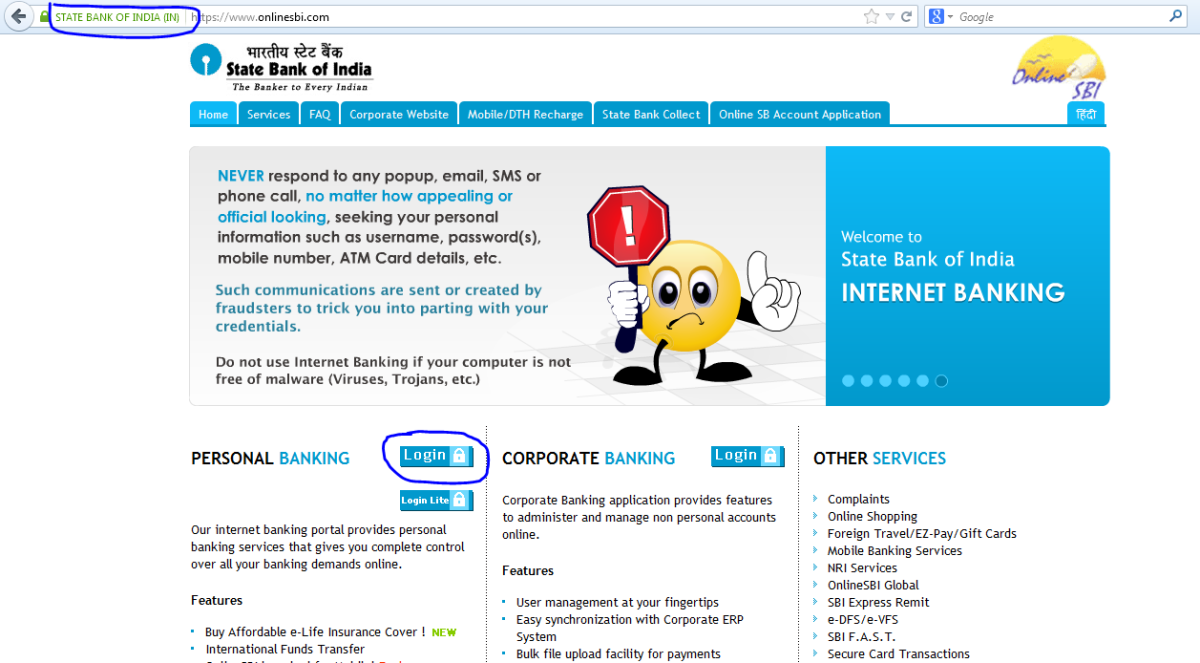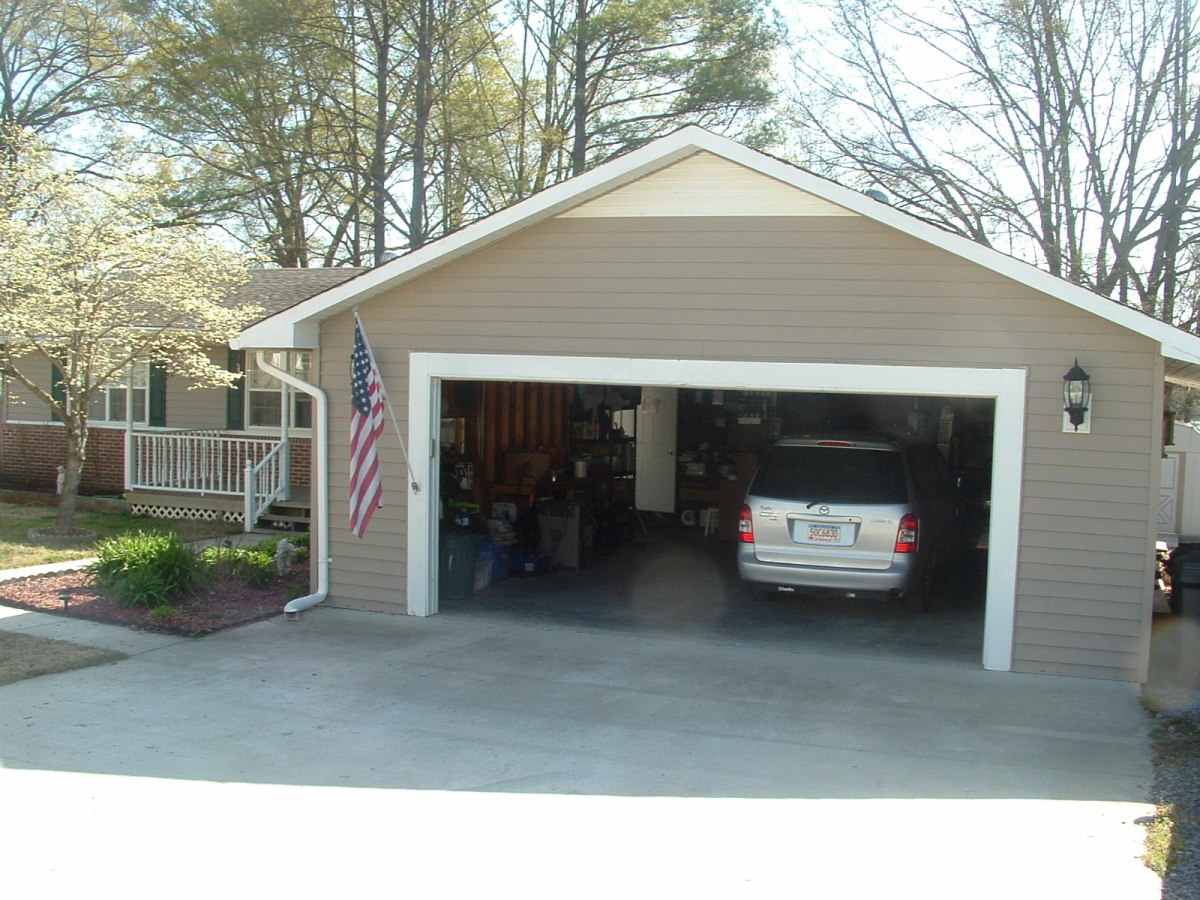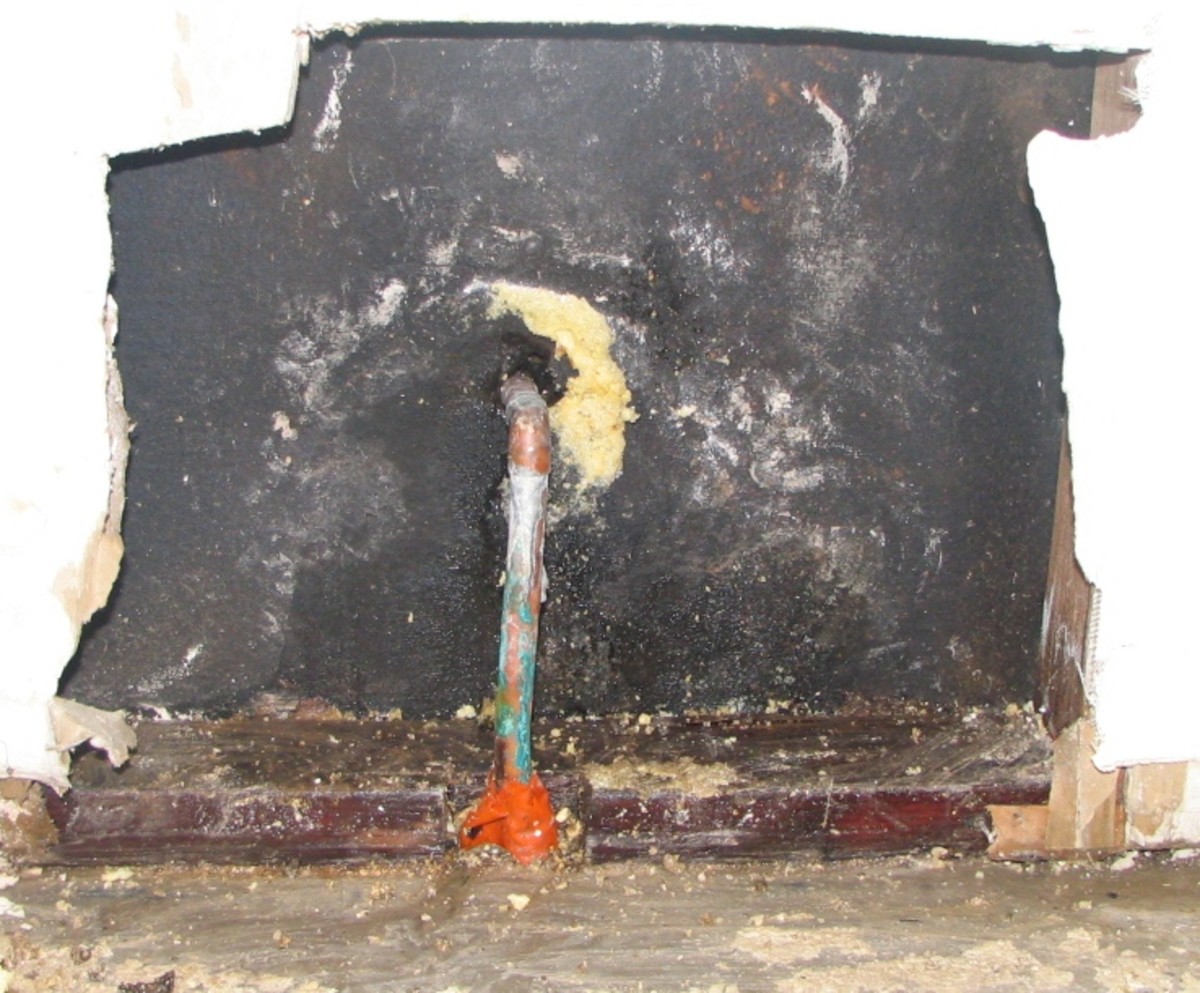Understanding Rental Property Security Deposits

A security deposit is money a smart landlord collects from a tenant before the tenant's use and occupancy of a rental property unit meant to help the owner "secure" the best tenant performance and use of the premises possible.
The idea is straightforward.
A tenant who has money tied up in the rental property will more likely be responsible to pay his or her rent on time, and likewise is more apt to keep the unit and surroundings in reasonably good condition.
After all, most renters are more likely to want to shave costs, and less likely to allow bad behavior to cost them additional money.
So the security deposit helps the landlord to create some interest in the rental property for a tenant, and when it works, makes for a better landlord-tenant business relationship.
A security deposit, however, is not rent and cannot be used for rent during the course of occupancy. Conversely, rent collected in advance of the first month is not considered part of the security deposit agreement.
How Much?
Although the security deposit is usually equivalent to one month's rent, how much of a deposit a rental property owner can actually collect and how the security deposits are to be returned to the tenant are typically regulated by state law, which do vary.
In this case, you would be wise to check with your state authorities to determine if they have a set amount that you can collect and a set time in which you must return either the entire amount or an itemized statement explaining why you might be taking deductions from the security.
Most states typically will allow you to keep some amount of the deposit for damage (other than normal wear and tear) caused to the rental unit by the tenant, a family member, or a guest, unpaid rent, the replacement of any property taken by a tenant, and any necessary cleaning required to restore the unit to the condition in which the tenant took occupancy.
How Accessed?
Typically, deposits are accessed by the rental property owner after a tenant vacates the premises.
There are, however, also cases when you (the landlord) do not have to wait for the tenant to evacuate the premises before using part or all of a tenant’s security deposit. If a tenant breaks a window and doesn’t pay to have it fixed, for example.
Should a tenant ask you to apply a portion of the security deposit toward the last month’s rent you can elect to do so, though it’s not a good idea. You would not want to discover later that the tenant left your rental unit a mess or removes items he or she has no right to take without sufficient funds to cover the expenses for repairs or replacement.
Property Transfers
Sellers normally credit the buyer with the security deposits at closing when a rental income property is sold. But buyers should be aware that these are not funds that should be used to reduce the buyer's cash requirement at closing. As a buyer, you would be wise to put that money in a separate account after closing so you have it available when you need it.
Bottom Line
The purpose of collecting security deposits (for you the landlord) is to protect your real estate investment from unruly tenants by keeping the tenant responsible. You do not want to raucous tenants ruining your real estate investment property.
Bear in mind, however, that security deposits are not the landlord's money. Sooner or later all or most of it will be returned to the tenant when he or she moves out, assuming the lease terms are met and the dwelling unit is in the same condition when the tenant moved in except for normal wear and tear. Normal wear and tear is always considered an expense attributable to the property owner.
So consult your state authorities and determine what you can do legally to enforce your rights with security deposits, and then take advantage of every opportunity you are given to protect yourself (and your real estate investment) with a rock-solid security deposit agreement.
About the Author
James Kobzeff is a real estate professional and the owner/developer of ProAPOD - leading real estate investor software solutions since 2000. Create cash flow, rates of return, and profitability analysis on rental property at your fingertips in minutes! Learn more at www.proapod.com









